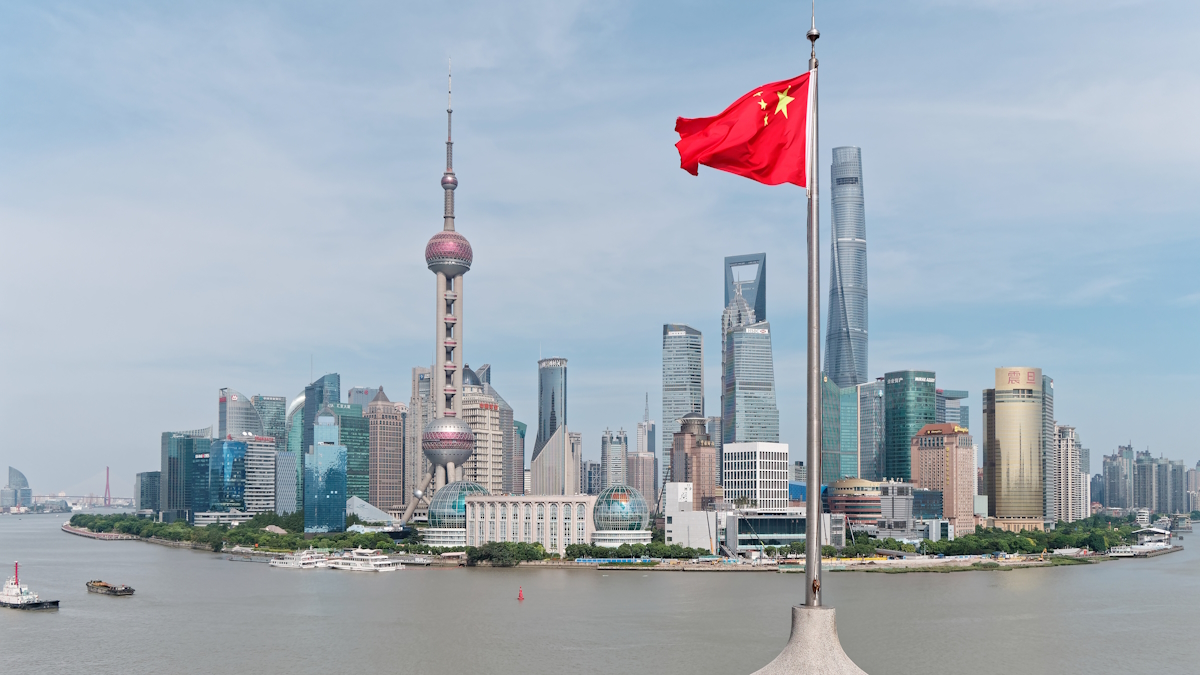Foreign direct investment (FDI) in China has taken a substantial hit, plunging 56% year-on-year in the first quarter of this year, according to official data released by the State Administration of Foreign Exchange last week. According to the data, foreign companies invested $10.3 bn in China’s factory construction and other projects during the January-March period.
This decline is part of a broader trend. Since the second quarter of 2022 FDI in China has fallen sharply. In 2023, China’s net FDI totaled $33 bn, a staggering 80% drop from the previous year and less than 10% of the $344 bn peak in 2021.
UBS Asset Management in a recent insight analyzed the trend and its implications for China’s economy. According to Hayden Briscoe, Head of APAC Multi-Asset Portfolio Management at UBS, the direct impact of FDI outflows on China’s economic growth is minimal, given that FDI constitutes less than 5% of the country’s total investments. China’s well-developed and relatively “closed” banking system reduces its dependence on foreign liquidity for development.
However, the significance of FDI extends beyond the financial inflow. “It provides a channel through which international industry knowledge and experience are shared with China. Foreign investments bring best practices and market discipline that could help Chinese companies to compete in global markets. The benefits go beyond money,” Briscoe opines.
Predicting the resurgence of FDI is challenging, but some conditions that contributed to last year’s downturn are beginning to shift, as per UBS’s Head of APAC Multi-Asset.
He points out that the Chinese regulatory environment is becoming more pro-growth, with supportive fiscal and monetary policies. “This shift in direction can seem slow and will take time, but it should support a potential rebound in the economy and markets – and ultimately foreign investments,” Briscoe adds.
Additionally, the strained China-US relationship had somewhat eased, which could positively influence cross-border investments. Briscoe also points to the Middle East, specifically the Gulf Cooperation Council (GCC) countries, as a potential new source of capital to bridge the FDI gap. Strengthening diplomatic ties and trade flows between China and GCC countries are expected to result in increased investments.
“We are encouraged by the government pledging and taking some steps to make it easier for foreign companies to invest in China. Whether it is able to restore confidence and capital flow, we would have to wait and see,” Briscoe concludes.










 Australia
Australia China
China India
India Indonesia
Indonesia Japan
Japan Malaysia
Malaysia Philippines
Philippines Singapore
Singapore South Korea
South Korea Taiwan
Taiwan Thailand
Thailand Vietnam
Vietnam
 Germany
Germany USA
USA Switzerland
Switzerland Singapore
Singapore
 United Kingdom
United Kingdom








